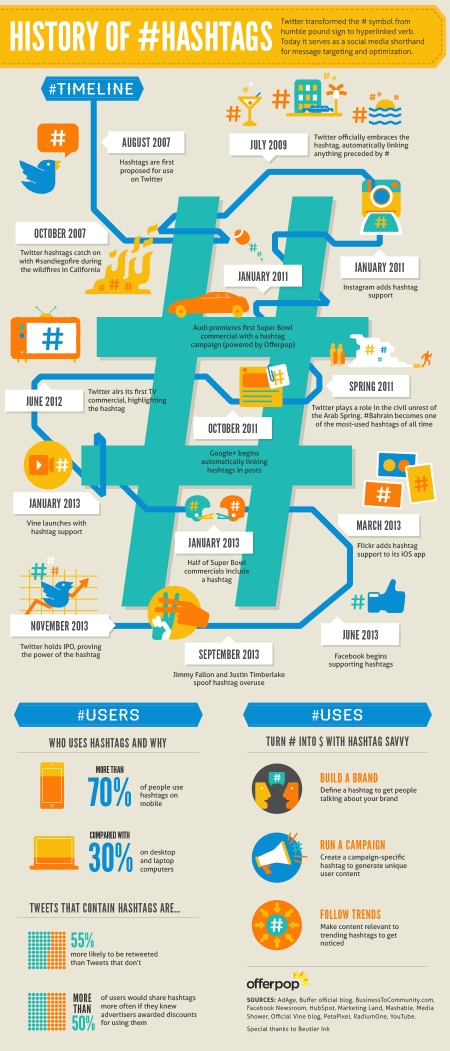by Brian Oliver
 Nearly three-quarters of UK businesses are more likely to invite tenders from companies that are recognised as experts and ‘thought leaders’ in their market – provided the content they publish is authoritative and genuinely informative and credible.
Nearly three-quarters of UK businesses are more likely to invite tenders from companies that are recognised as experts and ‘thought leaders’ in their market – provided the content they publish is authoritative and genuinely informative and credible.
This is the key finding of a new survey of over 2,000 UK companies by consumer and business analyst MindMetre Research. The sample – broadly representative of UK business by sector – was conducted in order to identify the level of influence that the convergence of content marketing and thought leadership can play in buying and tendering decisions.
The presence of authoritative content on a company website was found to play a crucial role in helping firms to get a ‘foot in the door’ by providing validation of company expertise.
The MindMetre survey found:
- When compiling a tender list for technology and equipment, 61% of companies research possible candidate suppliers on the web and will visit the company website to validate its expertise;
- For companies looking for a business services supplier, the proportion rises to 70%;
- 72% of UK businesses report that they are much more likely to invite a supplier to tender if their website not only describes the sales proposition, but also gives access to informative and relevant thought leadership material;
- 80% of businesses warn that thought leadership must be based on credible, independent research and not simply a collection of personal opinions.
Paul Lindsell, managing director of MindMetre Research, says: “Companies other than management consultancies are increasingly recognising that they can gain tangible competitive advantage by demonstrating commercially valuable ‘thought leadership’ in their customer markets. By addressing issues in the customer’s market, the company shows that it is knowledgeable about these issues and can help find a solution.”
He adds: “Buyer organisations evidently consider the demonstration of thought-leadership by potential suppliers to be important and influential when deciding which supplier to use. So, while thought leadership confirms its key role in building a reputation for a new entrant into a market, established market players can also build their reputation further with customers, influencers, and stakeholders through the generation of interesting material.“
However, Lindsell warns that publishing “pseudo-statistics” that are wrong, or exaggerated to support a company’s commercial interests, can have an adverse effect on a company’s reputation.
He says: “2013 may be the year when content marketing converges with ‘thought leadership’ to provide a compelling combination of quality content and powerful distribution channel. But amateurism and commercial myopia are very real dangers when it comes to research.”
One company that puts a heavy emphasis on authoritative and credible content is Regus, the global workplace provider. It runs a twice-yearly research programme which provides thought leadership content for its communications in more than 90 countries.
“As the leading player in our industry, we believe that our communications should reflect our expertise through thought leadership,” says Andrew Brown, group communications director at Regus. “This type of content is produced to provide our prospect and client market places with timely, useful insights on issues that really concern them, and that they can use to build more successful businesses.”
You can obtain a copy of the new Mindmetre report by emailing Josephine Ornago at Josephine@mindmetre.com.
# # # #
 About the author:
About the author:
Brian Oliver is a business journalist and the MD and founder of UK strategic communications consultancy Focus Marketing Communications.
____________________________________________________
CONTENTED MARKETER Magazine is brought to you by content marketing specialist Focus Content Marketing
 Visit our website at: Focus Content Marketing
Visit our website at: Focus Content Marketing
 According to Campaign magazine, brands still account for fewer than 100 of the 5000 top-ranking channels on YouTube.
According to Campaign magazine, brands still account for fewer than 100 of the 5000 top-ranking channels on YouTube.![]() Visit our website at: Focus Content Marketing
Visit our website at: Focus Content Marketing













